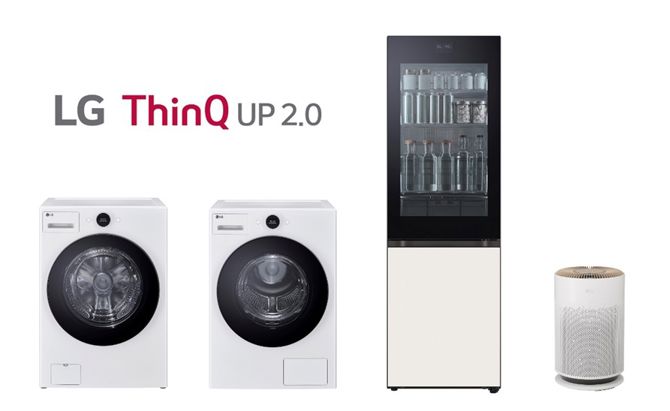Industry stakeholders are increasingly debating between sustainability and technology leadership strategies in the appliances market. As margins continue to shrink, leadership in either category is critical to maintain continued competitiveness.
Being sustainable is no longer optional
Sustainability is no longer optional for companies if they want continued access to markets. Many countries are mandating that manufacturers comply with carbon mandates. This is done to prevent companies from outsourcing their carbon footprint.
For example, the EU’s Carbon Border Adjustment Mechanism (CBAM), coming into force in 2026, will require importers to the EU to purchase certificates to cover the cost of their emissions at the same level as EU manufacturers.
There is also a strong link between sustainability and business resilience. In Euromonitor International’s sustainability survey, almost 90% of surveyed professionals consider sustainability extremely or very important to reducing their vulnerability and improving their response to future risks.
Servitisation will be key to improved profitability
The appliance industry is largely focused on selling hardware. Services, in the industry’s parlance, typically mean the maintenance, repair or replacement of appliances.
This relationship needs to be recast. It should be focused on specific services that consumers want, such as personalised health and enhanced experiences. Investing in services requires a different mindset and business model. An entire ecosystem of partners and delivery systems needs to be built, payment systems need to be upgraded, and internal structures need to be adapted. Instead of one-off sales, services are typically sold through a subscription with recurring payments and services.
Services also have the specific benefit of being highly profitable, typically approximately 30%. Nobody looks forward to their next appliance repair.
LG’s ThinQ UP 2.0 was launched as part of LG’s pivot towards servitization and increased service revenues. Its goal is to help LG lead the era of the “Home as a Service” (HaaS).
LG launched ThinQ UP 2.0 enabled appliances as part of its pivot to HaaS
Source: LG
Sustainability makes for great corporate messaging
Consumers love a feel-good story, especially if it alleviates any guilt they have while shopping. Many consumers have a vague understanding of how the purchase and use of appliances affect the environment. Therefore, the onus is on appliance marketers to position their products as being good for the environment. This messaging is relatable and resonates with consumers.
Beyond the marketing message, companies also need to focus on their ESG credentials. This is generally communicated through the publishing of annual ESG reports. However, according to a Euromonitor International survey, the consumer electronics and appliances industry is a laggard in this aspect. This needs to change.
Market leadership is an opportunity for premiumisation
Manufacturers have been looking at market leadership as a premiumisation opportunity for the longest time as margins continue to shrink.
Real prices for appliances have been declining since 1997, when data was first collected, according to CPI data for major appliances from the U.S. Bureau of Labor Statistics. This means that for appliances, USD1,000 in 1997 has the same buying power as USD887 in 2023.
In terms of premiumisation through category, technology or sustainability, typical examples include:
- Premiumisation through sustainability leadership can be focused on aspects such as helping consumers save water, electricity, food waste, and protect the environment.
- Premiumisation through technology can be focused on aspects such as helping consumers save time, energy management, personalised diets, and healthy cooking.
For manufacturers, technology-led premiumisation creates opportunities for enhanced services, and greater profitability. However, sustainability leadership is equally important to help reduce an appliance’s impact on the environment.
Moving forward, leadership in either category is increasingly being used by companies as part of their premiumisation strategies, providing a boost to long-shrinking product margins.
Learn more about this discussion in our report, Technology or Sustainability Leadership in Appliances – A Strategic Discussion
www.euromonitor.com
https://www.euromonitor.com/article/premiumisation-in-appliances-sustainability-or-technology-leadership













